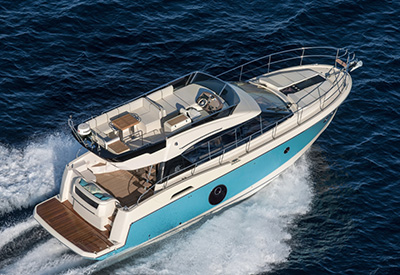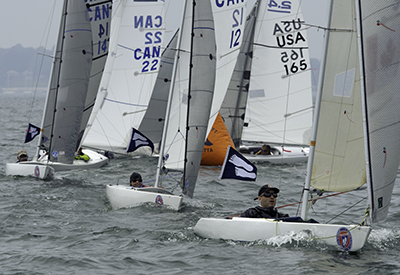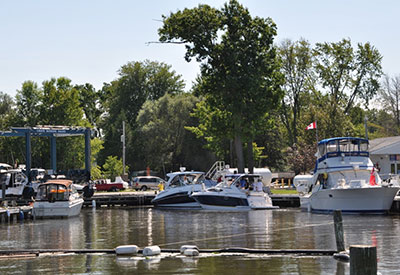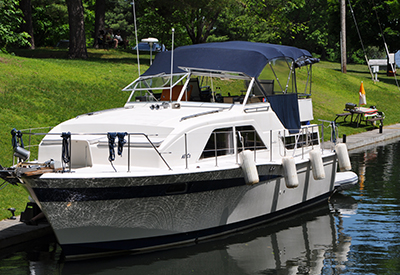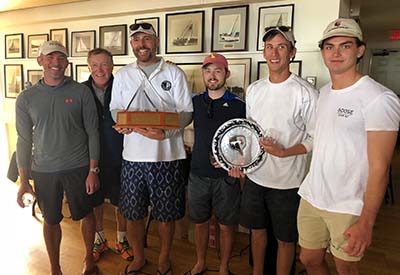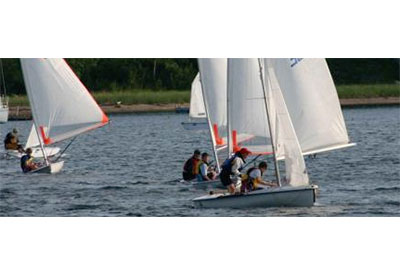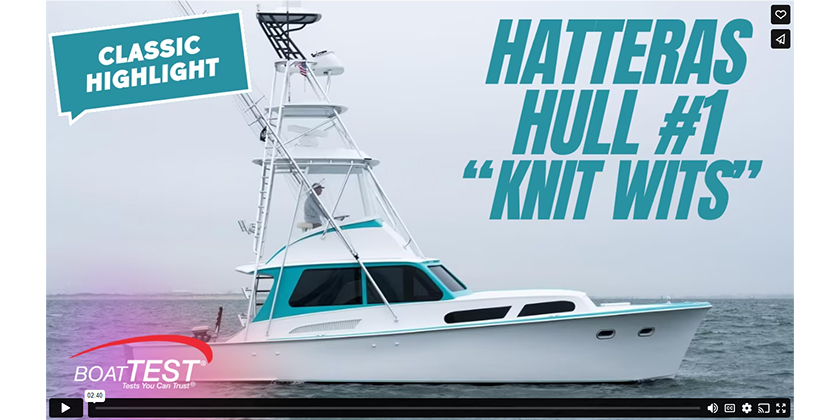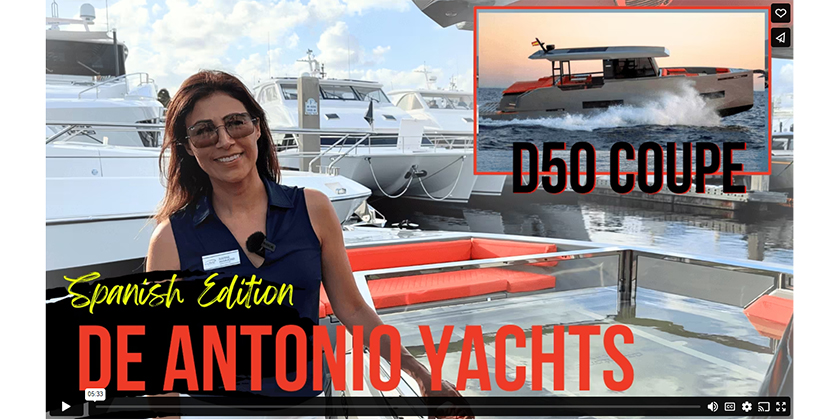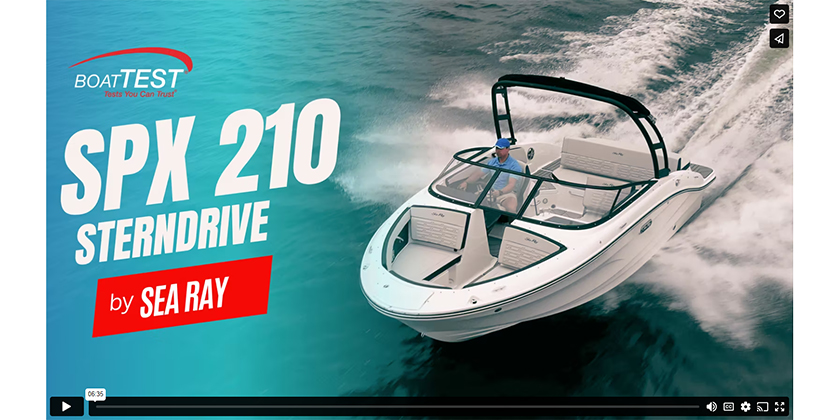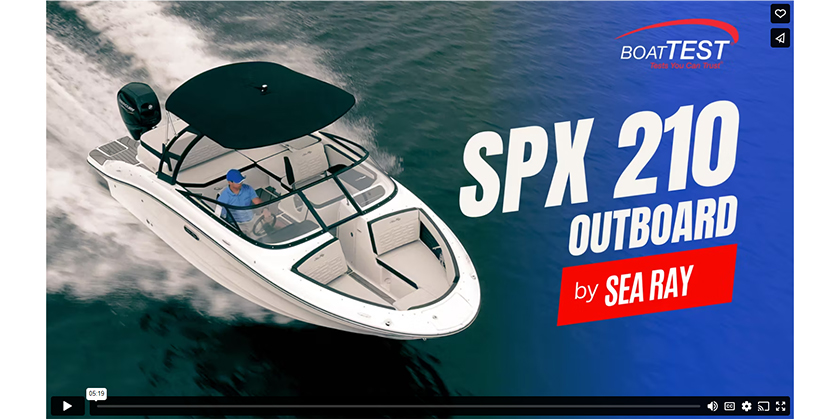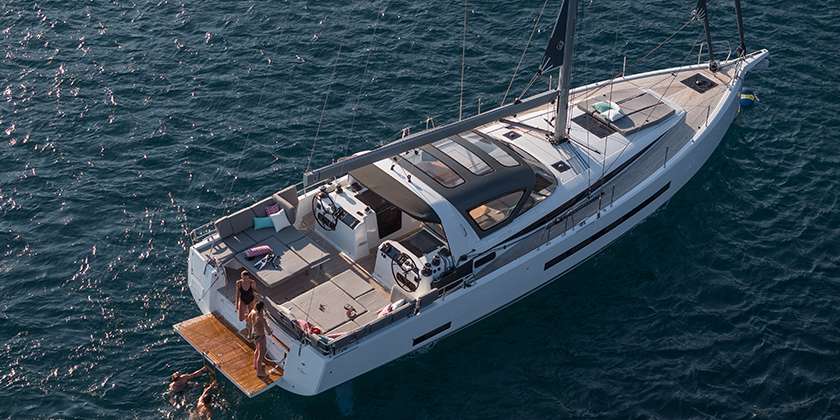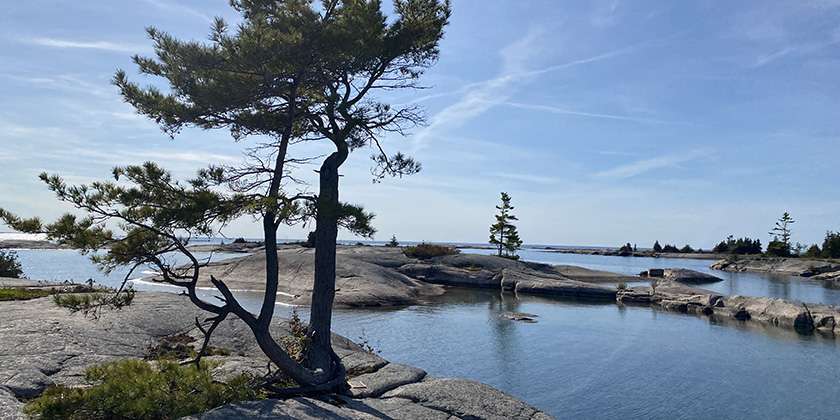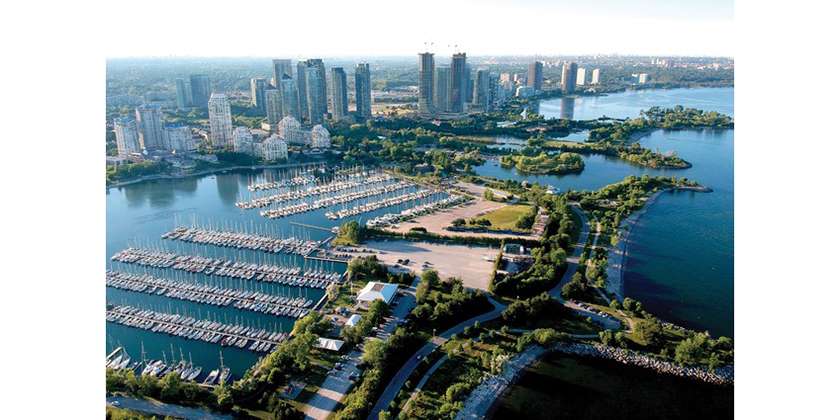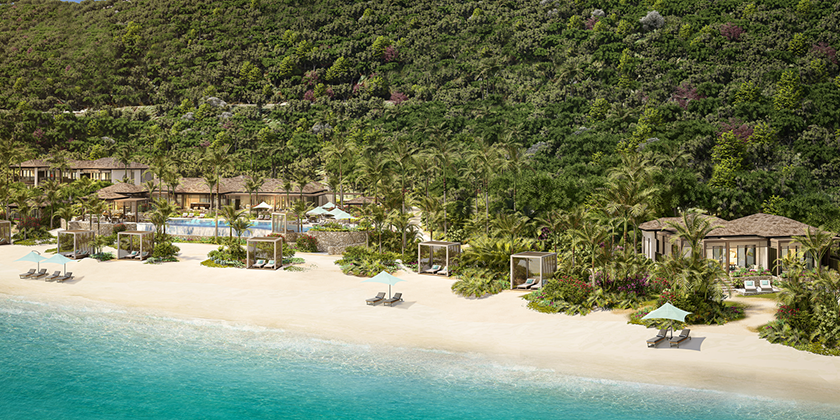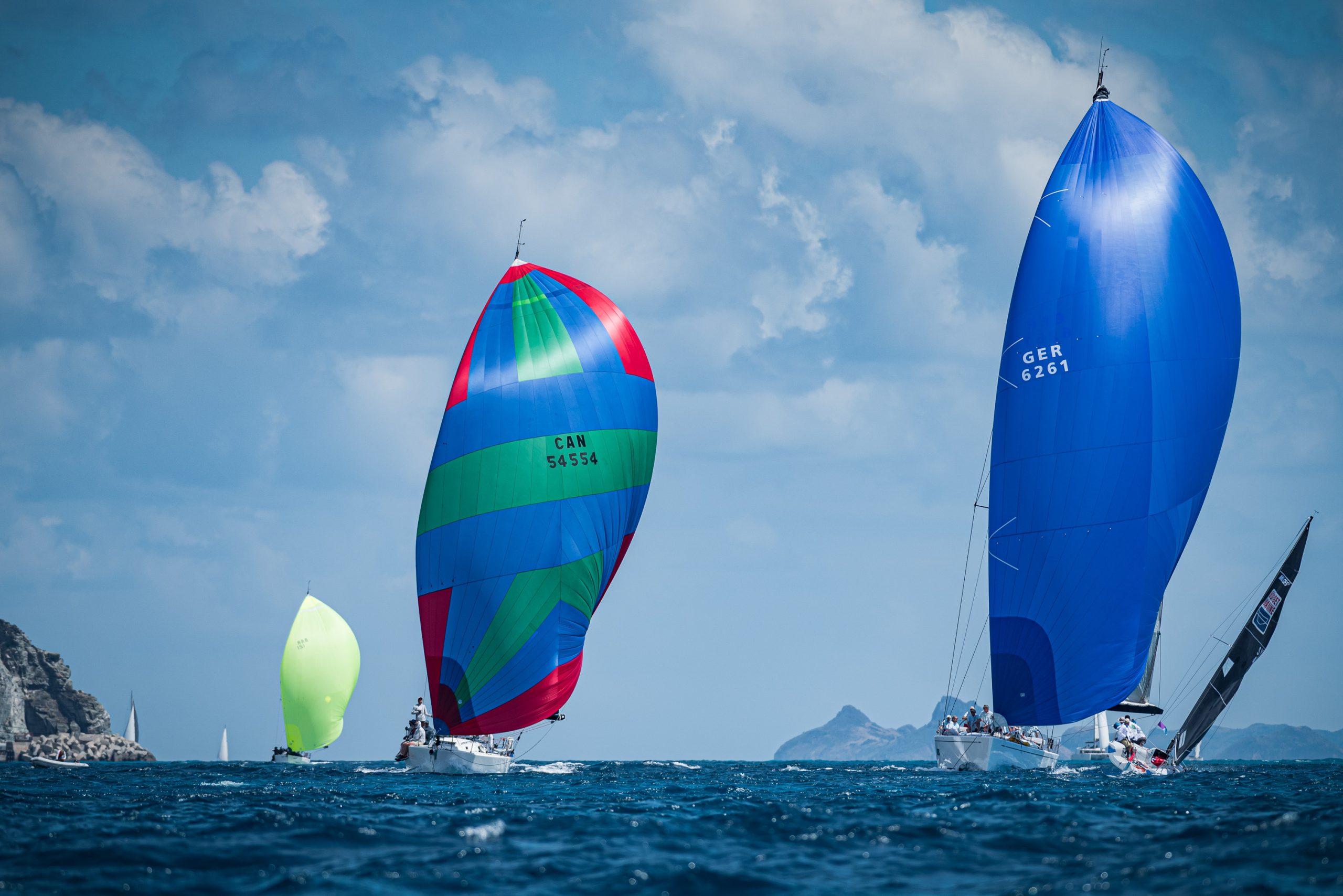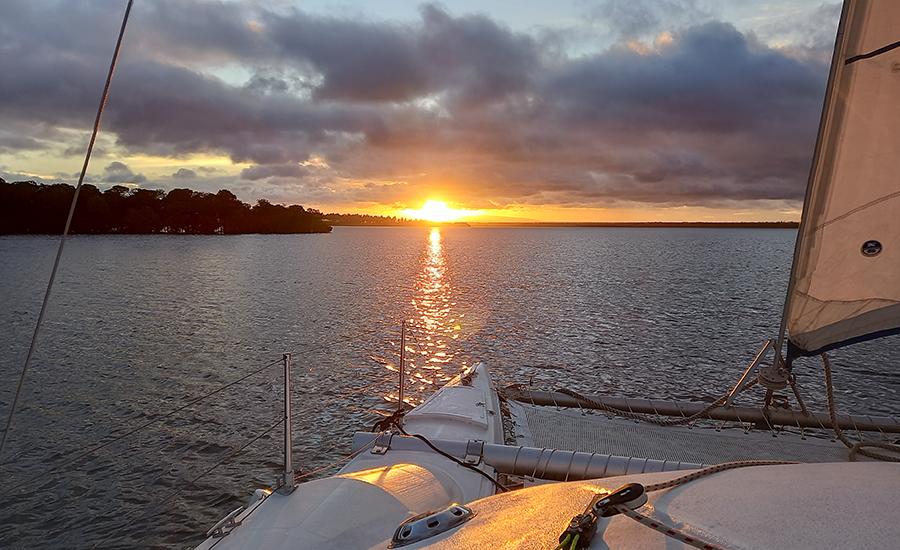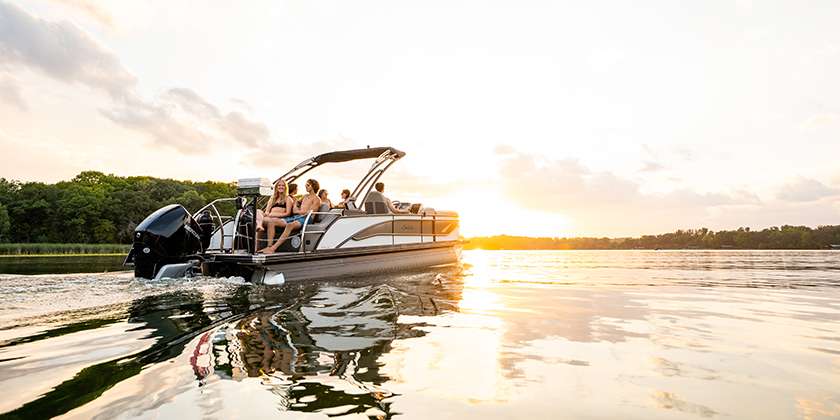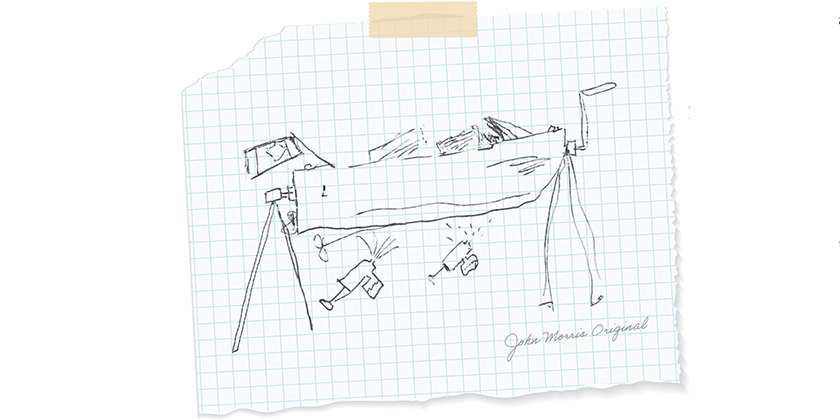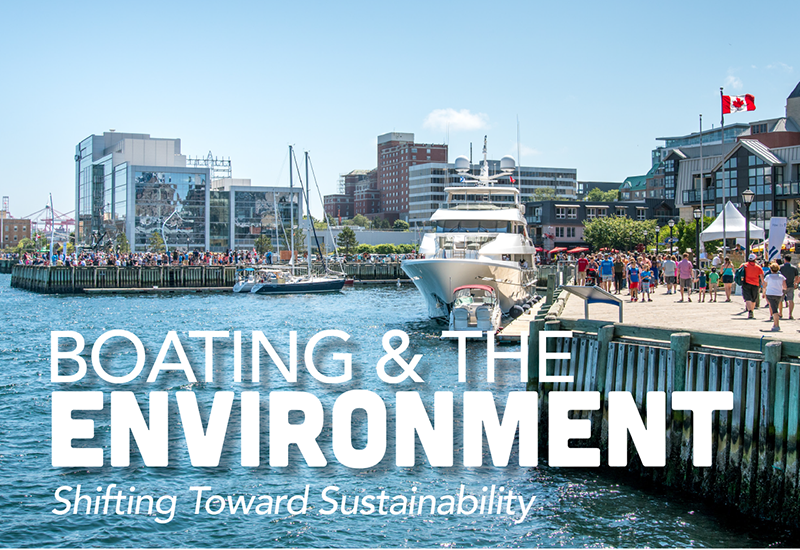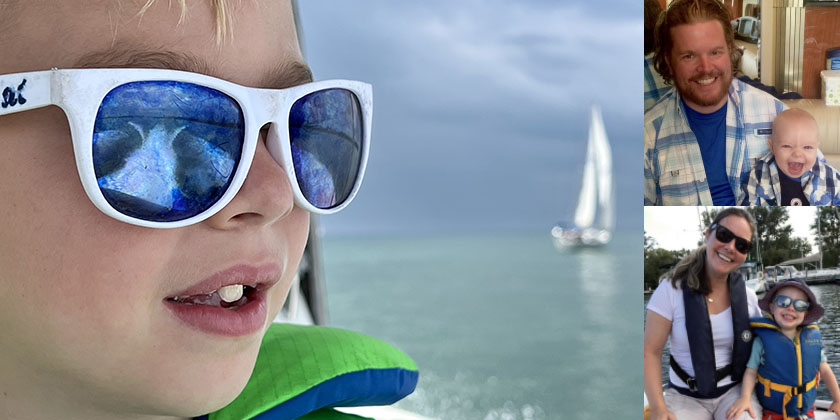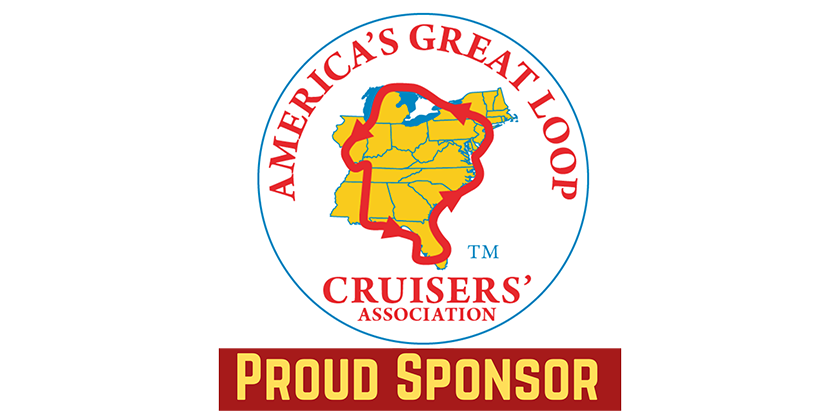Canada Ocean Racing kicks off 2023
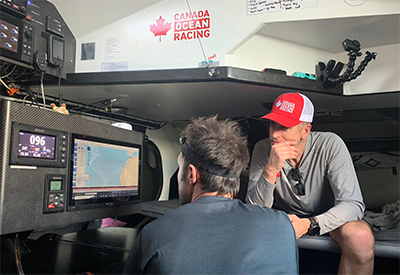
Jan 11, 2022
Scott Shawyer and Alan Roberts onboard COR studying
As of Tuesday, Canada Ocean was in third place, racing Two-Handed on IMOCA 60 Canada Ocean Racing (CAN) in the IRC Super Zero Division. Scott Shawyer contacted the media team about life on board as Canada Ocean Racing entered the Atlantic Ocean:
“24 knots of breeze and 20 knots of boat speed,” commented Scott Shawyer. “We had a couple of broaches last night when the autopilot didn’t adjust and we are not quick enough to ease the sheets. So, we are keeping a very watchful eye; it is not a restful time for sure. It is nice to watch the sun come up on this, our third day, as its bright and things seem a lot less scary. Once Alan is awake, we’re going to make some changes to the autopilot to make it a little bit better behaved!”
In 2023 the new IMOCA team, Canada Ocean Racing, will switch gears from start-up mode to competitive racing mode. The team’s 2023 racing and training schedule includes three transatlantic crossings, over 25,000 nautical miles, and four highly competitive offshore races.
Following the establishment and launch of the team in 2022, the Canada Ocean Racing team has seen a successful first year. With president and skipper, Scott Shawyer, and mentor, Alex Thomson, at the helm, the team has secured and refitted a new boat, bringing it up to a competitive standard, built a fan base, and developed the start of their commercial offering.
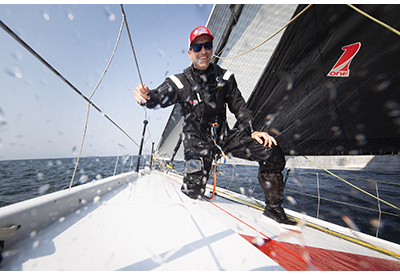
Following sea trials in the UK, the team undertook a training run across the north Atlantic to reach the team’s home nation of Canada. With five stops in major cities, they held a schedule of media sessions and welcomed over 1,000 visitors to the boat. The tour was a great success and a fantastic platform for the start of the campaign as they prepare to springboard onto the world stage of offshore sailing in 2023.
Scott Shawyer credit Mark Lloyd
“Heading into 2023 we have a very packed year with four key races, including a mix of double-handed and fully crewed events. Pushing the boat with a full crew is great for performance development, but the double-handed races are, for me, the biggest steps forward in my journey towards the Vendée Globe in 2028,” explains Shawyer.

The gun went Sunday
As the new year came in, Scott and the team met in Lanzarote, Canary Islands, to compete in the Royal Ocean Racing Club Transatlantic Race starting this Sunday. The 3000-mile race ends on the island of Grenada in the Caribbean. For this race, Scott is joined by co-skipper Alan Roberts, a successful skipper in the Figaro class. The British sailor has a wealth of experience to bring to this race.
A Media event in Toronto this summer. Photo: R Mardens
Following the Atlantic crossing the team then switches back to a fully crewed mode for the Royal Ocean Racing Club Caribbean 600 Race starting on the 20 February from Antigua. A 600-mile offshore sprint race, which navigates around eleven Caribbean islands, will see the team line up against some of the most competitive professional and Corinthian offshore teams.
With a quick turnaround, Scott will then undertake a simulated solo Transatlantic back to the UK. Accompanied by one crew member for safety reasons, Scott will use this as the most extreme training to date. Supported remotely by mentor Alex Thomson, this will be one of the biggest learning opportunities for Scott.
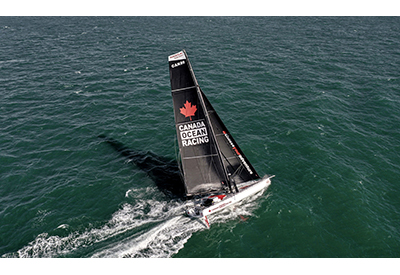
Post summer refit, the next race in the team’s calendar is the 50th edition of the Rolex Fastnet Race. The double-handed 695-mile race, starting on the Royal Yacht Squadron line in the Solent, will see the IMOCA class battle the Irish Sea before turning round the iconic Fastnet Rock to race back to Cherbourg, France. Seen as pre-training for the Transat Jacques Vabre only a few months later, this race is key to ensuring the upgrades made during the summer are in place and ready for this 5800-mile Transatlantic race.
Canada Ocean Racing. Credit: Mark Lloyd
The Transat Jacques Vabre, will be the third Atlantic crossing in 2023 and will be the most challenging race in the calendar. With an expected 20+ fleet of other IMOCA’s, the competition will be experienced and fierce, with a course that takes the sailors down the coast of Brazil and back up to Martinique.
A lifelong sailor, adventurer and athlete, Scott Shawyer’s passion began when he was eight years old sailing in Georgian Bay. From dinghies at his family cottage he moved to sailing catamarans, followed by keel boat racing on boats including an Antrim 27 sports boat which he enjoyed competing on. Solo and shorthanded sailing have become Scott’s passion and while he fully acknowledges his ‘amateur’ sailing status, Scott is focused on completing a thorough training program, with the support of renowned offshore sailor Alex Thomson, bringing fans along for the journey as he enters the world of professional offshore sailing.

The Official Canada Ocean Racing team 2023 Schedule:
• 8 January – Royal Ocean Racing Club Transatlantic Race, Lanzarote – Grenada.
• 20 February – Royal Ocean Racing Club Caribbean 600 Race, Antigua
• 29 July – 50th edition of the Rolex Fastnet, Cowes, UK – Cherbourg, France
• 29 October – Transat Jaques Vabre, La Havre, France – Martinique
Scott Shawyer. Credit: Mark Lloyd

